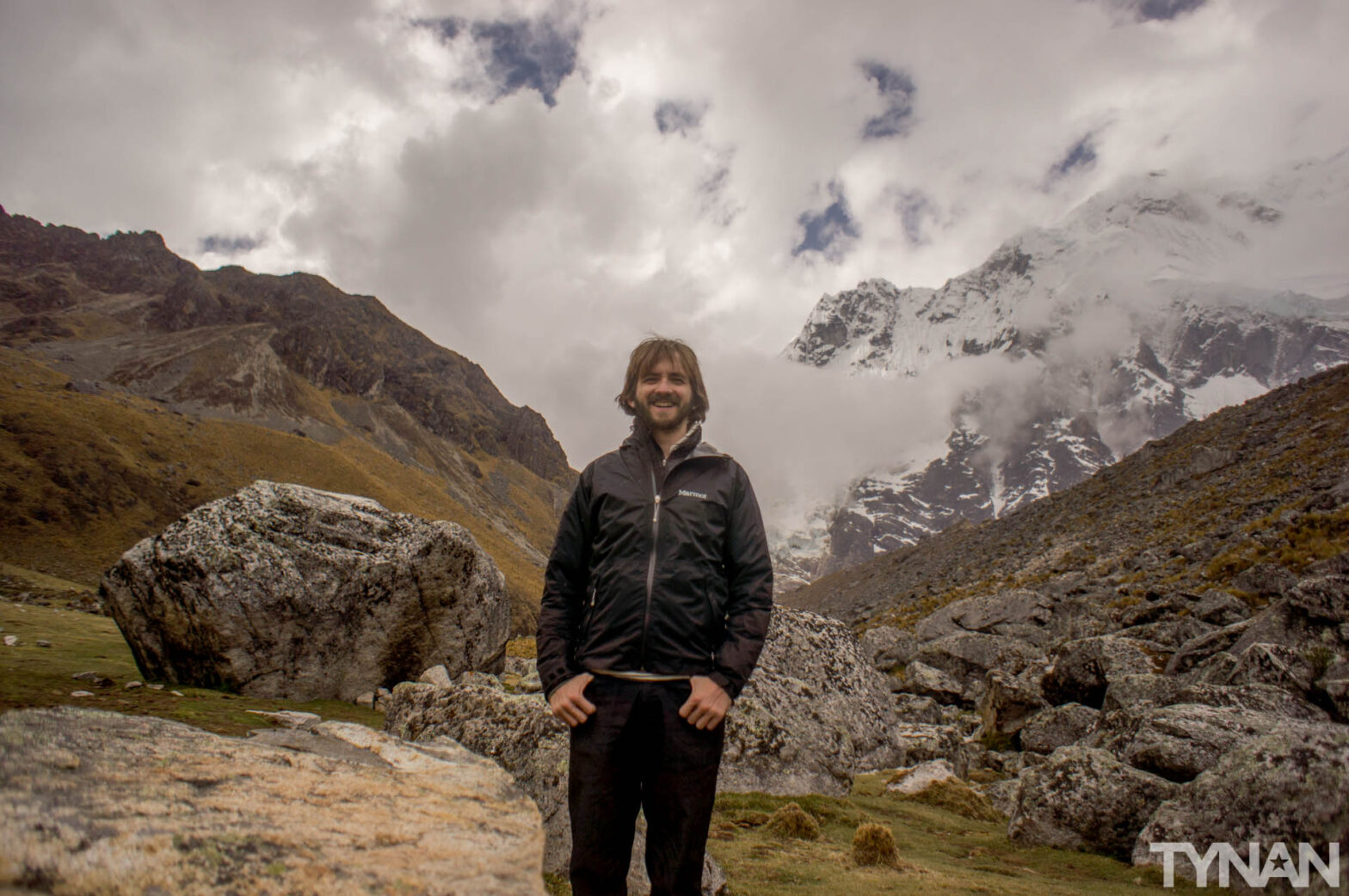I’ve noticed that a lot of times when I do something and I wonder for a moment if it was the best choice or not, I tend to come to the conclusion that I don’t regret it, so it must be good. For example, I was debating whether a week or so of sharply diminished productivity was an acceptable cost to go hike around the mountains in Peru.
My first instinct, with the Peru situation, amongst aothers, is to say, “Well, I had an awesome time, learned some good stuff, and had a great experience, so it was the right decision.” But does that actually really mean that it was a good decision?
I’m really happy with my life and what I’m doing, so therefore I don’t regret any decision I’ve made. The implication is that even though I didn’t make every decision absolutely correctly, everything worked out for the best. To support this idea, I can think of one cool thing that happened, or one really great person I met, and work backwards through the improbable series of choices I made that led me there.
The more I think about it, the less stock I put into these sorts of thought patterns. Rather than reflecting the objective reality of decisions, I think that they reflect my optimistic nature. Really bad things can happen to me, and I’m still happy. Some circuit in my brain finds happiness and then weaves all past events into a narrative that supports that happiness: “If I didn’t have hundreds of thousands of gambling profits stolen, I wouldn’t have become a writer and put out a few books. Therefore I’m glad that I lost that money.”
So although I think that this thinking is the result of a really healthy and good mental attitude, it’s important to separate the gratitude and acceptance of events from the objective truth of them. It’s better to say that I’m not glad that I lost all that money, but I’m still happy, unphased, and ready to push forward undeterred.
Why does this matter? Because if I look at the past through rose-tinted glasses, I’m not very likely to learn from my mistakes. In fact, I’m not very likely to even acknowledge them as mistakes. Coming back to the Peru example, I think that a really clear way to look at it is to say that I had an amazing time in Peru, I’m grateful for all that I gained by going, but that probably those benefits aren’t enough to justify taking trips like that while my attention is needed by SETT. That doesn’t diminish my happiness or experiences, but it does prepare me better for making similar decisions in the future.
###
Photo is a classic example of a mountainselfie from the hike in question.
If you’re on the SETT.com invite list, you may be getting an invite this week! If you’e not, head over to sett.com and add yourself at the bottom.

Leave a Reply